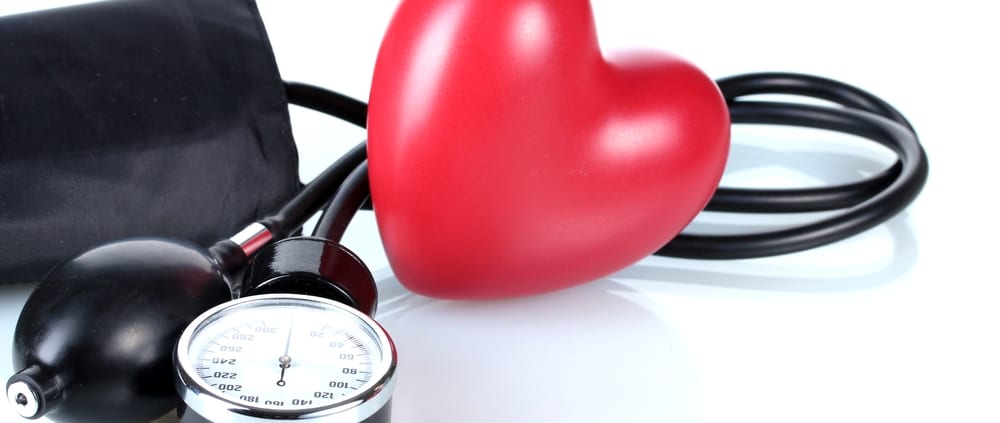What You Need to Know About Blood Pressure and Your Hearing
Chances are, the last time you saw your doctor, they checked your blood pressure. And the time before and before. You’ll find a blood pressure machine in many grocery stores and pharmacies. There’s a reason health providers are so focused on your blood pressure numbers.
A person’s blood pressure is one of the fastest ways to assess your health. And out-of-control blood pressure, also called hypertension, can wreak havoc on your body. It increases your risk of:
- Heart attack
- Stroke
- Dementia
- Aneurisms
- Kidney disease
The list goes on. But what about blood pressure and hearing? Could this be yet another reason to keep your numbers in check? Here’s what I wish every Memphian knew about the impact of blood pressure on hearing.
The Link Between Hypertension and Hearing Loss
Studies have found a significant correlation between high blood pressure and hearing loss. One study evaluated the severity of hypertension in each participant (ages 45-64). Scientists then checked their hearing and found a shocking link.
- 18% of study participants without hypertension had hearing loss
- 36.7% with mild hypertension had hearing loss
- 40.4% with moderate hypertension had hearing loss
- 54.2% with severe hypertension had hearing loss
Researchers believe blood pressure may be speeding up how quickly people develop hearing loss. As a result, you may develop hearing loss at a much younger age.
Hypertension is one of seven medical diagnoses closely linked to hearing loss.
How Blood Pressure and Hearing Impact Each Other
If you have high blood pressure, this means that your blood vessels are narrowing, usually due to the build-up of deposits within the vessels. As those vessels become more blocked and pressure goes up, it’s harder for your arteries to get blood where it’s needed.
Your inner ear needs a steady supply of oxygen and nutrient-rich blood to perform but also to survive. If that blood is cut off, the tiny hair-like hearing cells in the inner ear begin to die. Unlike other cells in your body, if those cells die, they don’t regenerate. They cannot heal themselves. And the more they die, the worse sensorineural hearing loss becomes.
The inner ear relies primarily on the labyrinthine artery to deliver that supply. And there is no backup, so if this artery struggles to deliver blood, the inner ear will have to prioritize nutrient use, sacrificing some hearing permanently. This leads to hearing loss and tinnitus.
What to Do If You Have High Blood Pressure
First of all, if you have high blood pressure, you need to see a doctor for that. They may recommend a combination of medication and lifestyle changes, like getting more cardio exercise.
But back to my reason for writing this article. It’s also important to realize that out-out-control blood pressure damages many organs in the body. That includes your ears. If you’ve struggled to manage your hypertension, you may notice firsthand the blood pressure and hearing connection the researchers found. If high blood pressure has caused hearing loss, know there is no undo button. But it is treatable, and when you treat your blood pressure and hearing loss, you can reduce the amount of damage in the future to save your hearing and health. Contact my office to schedule a hearing test.



